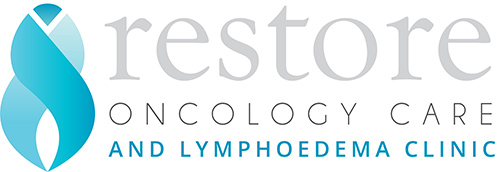Breast cancer is the most common diagnosed cancer in women and it is estimated that approximately 19,500 new cases will be diagnosed in 2020. Australia has one of the best survival rates in the world with the 5 year survival rate being 90.1% and the 10 year survival rate being 83%.
Along with this survivorship comes other concerns and one that ranks highly is lymphoedema. Lymphoedema is swelling in the arm or breast, that comes about due to having lymph nodes removed and /or radiation therapy to the lymph nodes. It is a chronic and incurable condition that may cause pain and impairment of limb function. It is a costly and time consuming condition to treat and manage and causes substantial emotional distress. The incidence of lymphoedema varies, however, approximately 20% of women who have had surgery for breast cancer, will develop lymphoedema.
As a consequence of treatment and concern for the arm, women may avoid using the affected arm. Advice in the past was to rest the at risk arm and avoid lifting things such as their handbag, shopping or other objects. This in fact may lead to a lack of use and prevent recovery after surgery.
We now know that, in fact, one of the most important ways to help prevent lymphoedema is through a guided and progressive weights program. In the USA a doctor by the name of Kathryn Schmitz, conducted a study of 141 women who had had surgery for breast cancer and either had lymphoedema or were at risk of developing lymphoedema. The women all underwent a supervised but progressive weights program for 13 weeks and then continued independently with the program for another 39 weeks. The program included stretches, cardiovascular exercise, upper and lower body weights and core exercises. During the 13 weeks of supervised exercise the participants were instructed on how to safely and progressively increase the number of repetitions, sets and the weight of each exercise, with no upper limit on the weight that may be achieved.
The outcome was that across the group there was a reduction in symptoms, an increase in strength and a reduction in the incidence of exacerbations of lymphoedema.
So in short: doing a supervised but progressive weights program can help prevent lymphoedema and decrease symptoms and exacerbations in those that already have lymphoedema.
If you would like to get started on a program, please give our friendly staff a call. We would be delighted to get you going! Join us in the clinic or we can give you an online program.



No Comments